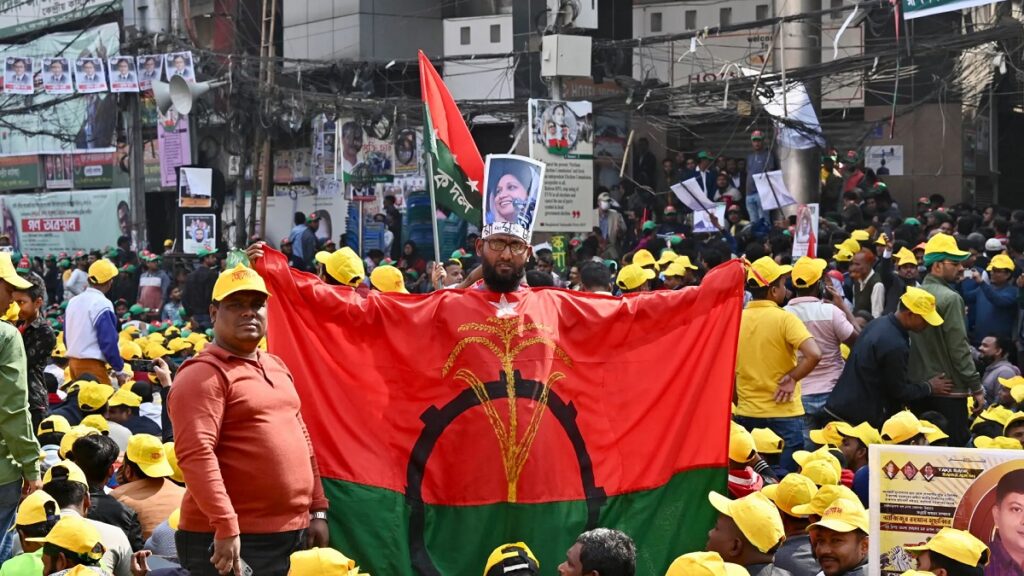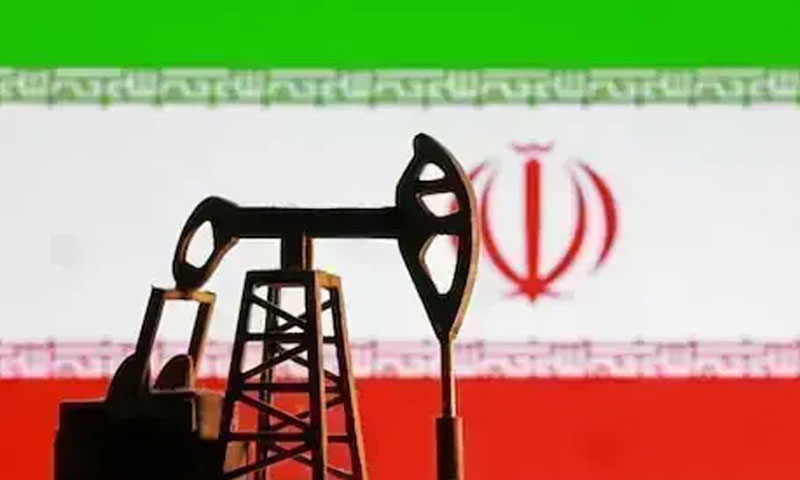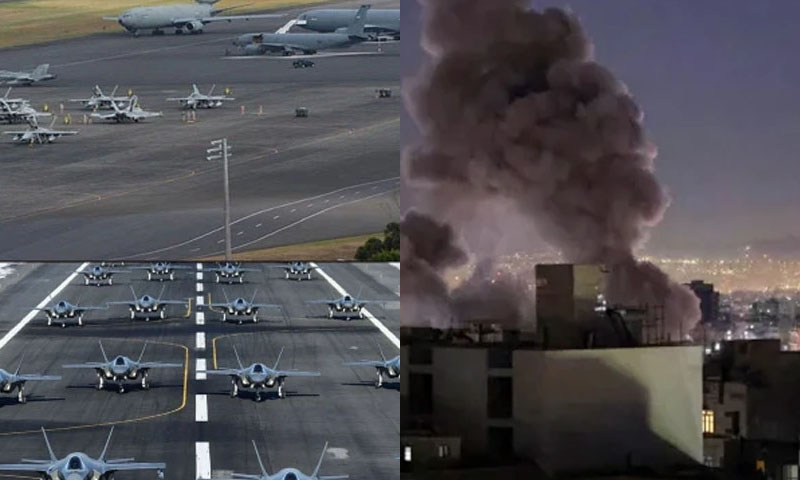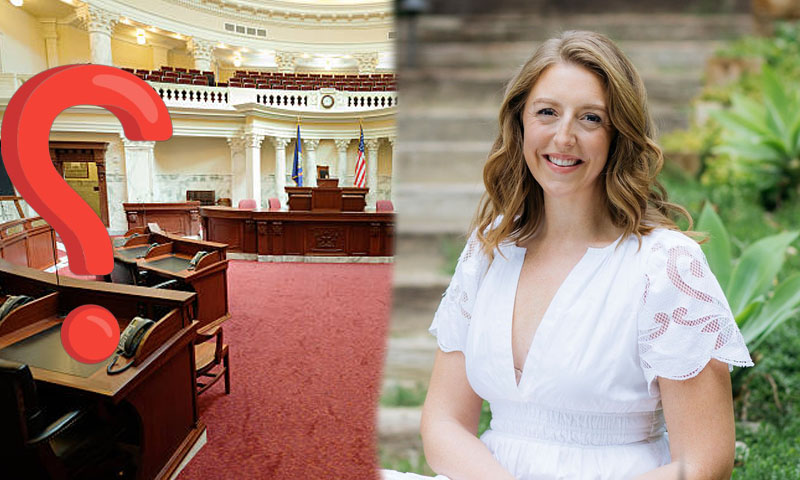- Web
- Today
UAE: Bangladesh nationals arrested for protesting against Hasina Wajid
-

- Web Desk
- Jul 21, 2024

ABU DHABI: The United Arab Emirates (UAE) arrested Bangladeshi expatriates protesting against Bangladesh Prime Minister Sheikh Hasina while in the UAE.
In Bangladesh, protests against the government’s job quota system have escalated. This has led to curfews and orders to shoot violators on sight.
The unrest has claimed the lives of 133 people, with hundreds of injuries.
Read more: Bangladesh: Army deployed as protesters free prisoners
According to reports, the UAE arrested Bangladesh immigrants for protesting against their government on Emirati soil. The UAE prosecutor did not specify the number of arrests or the locations.
The prosecutor charged the arrested immigrants with “inciting public disorder” and “disrupting public order”. The Emirati prosecutor also accused them of jeopardising UAE’s “interests” and “security”.
The UAE prohibits public protests.
Read more: Bangladesh protests: State TV goes off air
The 2024 Quota Reform Movement in Bangladesh is an on-going nationwide protest led by students and educators from both public and private universities.
It aims to overhaul the country’s quota-based system for government job recruitment. Beginning with peaceful demonstrations against a high court decision reinstating quotas for fights of the 1971 war, the movement quickly gained momentum nationwide.
The government’s response to the protests was forceful, including the closure of educational institutions, deployment of security forces, and imposition of a shoot-at-sight curfew. The measures exacerbated tensions and fueled public dissatisfaction with perceived authoritarian tactics.
Despite a court-imposed status quo on the quota system, protests continued, demanding a permanent resolution from the government. Violence erupted during clashes between protesters and ruling party student wings on July 15, resulting in injuries and widespread condemnation.
The movement garnered widespread support across Bangladesh, uniting students from various universities and colleges. Their demands include abolishing the quota system entirely, ensuring fair representation for minorities and the disabled,
The protestors also demand legislating a new system capping quotas at a maximum of 5 per cent of government jobs.
Read more: Bangladesh sees toughest civil unrest in decades
Meanwhile, the government’s stringent measures, such as an internet blackout and deployment of troops, drew international scrutiny.




